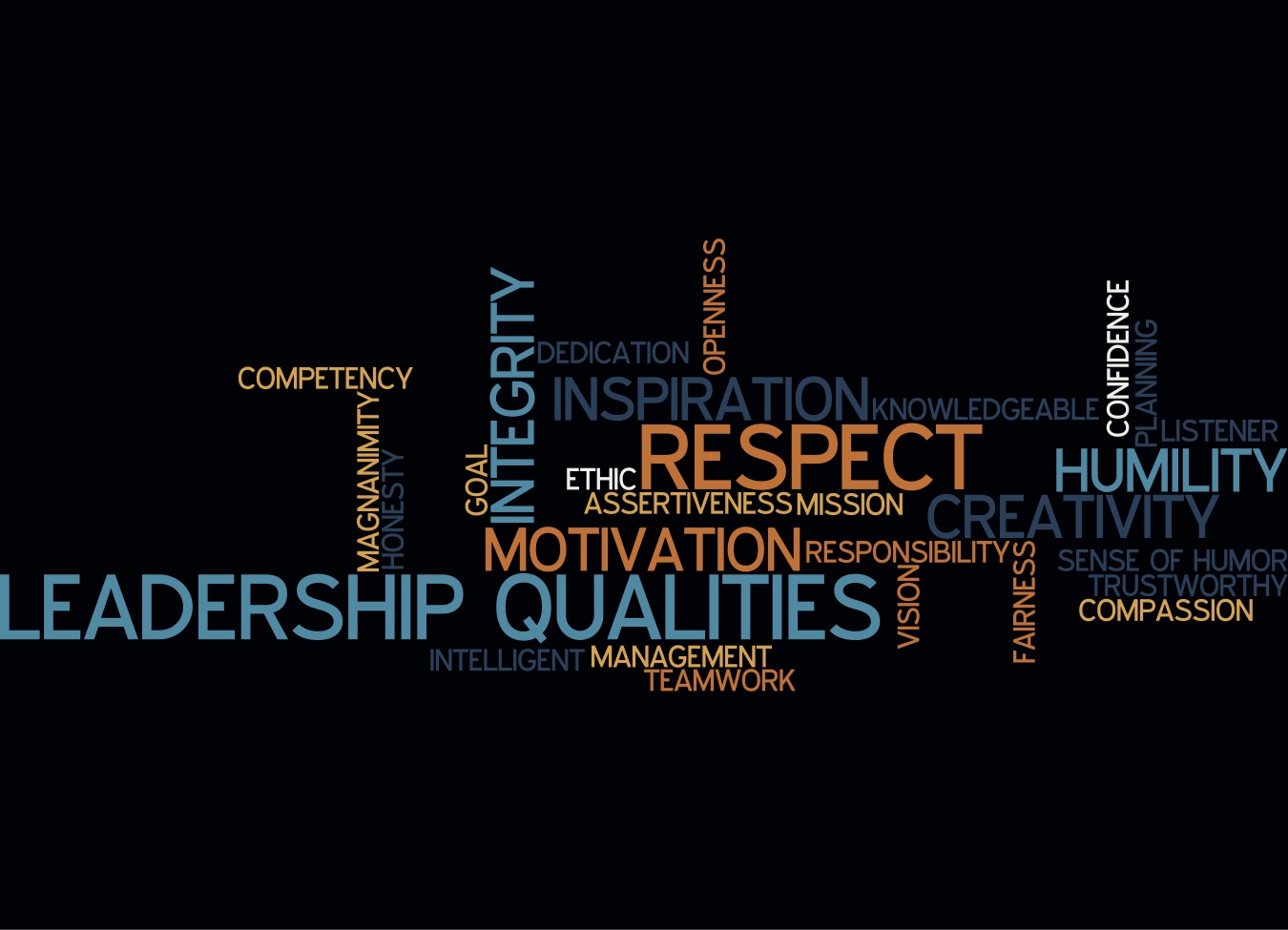Project management is a complex and dynamic field that requires precision, organization, and adaptability. With the advent of Artificial Intelligence (AI), project managers (PMs) now have powerful tools to streamline processes, enhance decision-making, and optimize overall project outcomes. This post discusses various ways AI can assist project managers in achieving greater efficiency and success. It will also discuss how continuous learning with PDUs is crucial in a dynamic field like project management, where new methodologies, tools, and best practices regularly emerge.
Automated Task Management: AI-driven project management tools can automate repetitive and time-consuming tasks, allowing PMs to focus on more strategic aspects of their work. From scheduling and resource allocation to progress tracking, AI systems can handle routine tasks with precision and speed, reducing the risk of human error and enhancing overall productivity.
Predictive Analytics: AI’s ability to analyze vast amounts of empirical data enables PMs to make more informed decisions. Predictive analytics help anticipate risks, project completion times, and areas for improvement. By leveraging AI-generated insights, PMs can proactively address challenges before they escalate, leading to more successful project outcomes.
Resource Optimization: AI algorithms could optimize resource allocation by considering various factors (team members’ skills, workload, and availability). It ensures that tasks are assigned to the most suitable individuals, promoting a balanced distribution of work and preventing burnout. AI-driven resource management ultimately enhances team efficiency and project delivery timelines.
Real-time Collaboration: AI-powered collaboration tools facilitate real-time communication and information sharing among team members. Virtual assistants and chatbots help streamline communication processes, answer routine queries, and provide updates, a more collaborative and communicative project environment. So everyone involved is on the same page and can contribute effectively to the project’s success.
Risk Management: AI plays a crucial role in identifying risks. AI systems can predict potential risks and suggest mitigation strategies by analyzing historical project data and external factors. This proactive approach allows PMs to implement preventive measures and develop contingency plans, reducing the likelihood of project disruptions.
Customized Reporting: AI-powered reporting tools can include key performance indicators (KPIs), progress updates, and predictive analytics, providing a comprehensive overview of the project’s status. Customized reporting enables PMs to make data-driven decisions and communicate effectively with stakeholders.
Conclusion:
Incorporating AI into project management processes is a strategic move that can significantly enhance efficiency, mitigate risks, and improve overall project outcomes. As technology advances, PMs who embrace AI tools and integrate them seamlessly into their workflows will likely find themselves at the forefront of successful project delivery in our fast-paced and ever-evolving business practices. As PMP credential holders, you will need 60 PDUs in a 3-year cycle. PDUs are not merely a compliance requirement but vital in ensuring that PMPs stay current in their knowledge and skills. Earning PDUs ensures that PMs can tackle evolving challenges and contribute effectively to their organizations.
Sources: Some well-known sources in these domains include:
Project Management Institute (PMI): pmi.org
Association for Project Management (APM): Website: https://www.apm.org.uk/
IEEE Transactions on Engineering Management Journal: https://ieeexplore.ieee.org/xpl/RecentIssue.jsp?punumber=17
Harvard Business Review – AI and Project Management: Website: hbr.org
AI and Project Management Research Papers on arXiv: Website: https://arxiv.org/
These sources can provide foundational knowledge and insights to support the points made in the article.
